Introduction
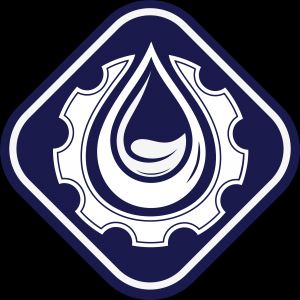
Based on the ranking of the country's top 100 challenges, the water issue is currently ranked second. The per capita renewable water resources of the country have decreased from 5,500 cubic meters in 1962 to approximately 1,300 cubic meters in recent years, and the country has entered a state of water stress. About half of Iran's water consumption comes from subterranean aquifers, which have experienced a significant drop in water level, resulting in land subsidence. In addition to the quantitative depletion of water resources, the quality of water, particularly surface water, is threatened. The use of untreated sewage for agricultural consumption, particulate matter and air pollution, waste pollution from open-pit mines near cities, the release of heavy and radioactive metals, the release of infectious diseases due to a weak health system, noise pollution, and acid rain are also examples of the defective cycles of the environmental system. As a result of climate change and ineffective flood management, the urban heat island has caused nervous system disorders, the extinction of necessary genetic species, threats to food security, and migration. It has also contributed to deaths and injuries. Considering the lack of belief in the role of people in protecting water resources and the environment, the lack of public trust, the prevalence of anti-motivational conditions, the lack of justice and trust in others, the ambiguity in the efficiency of efforts, the absence of cooperation, and the prevalence of a competitive approach in protecting water resources and the environment, the following recommendations are proposed: There will be resource depletion, continued deterioration of water resources and the environment, and the solution to the problem requires the serious involvement of think tanks for effective interdisciplinary research.
In recent decades, the expansion of urbanization, industrial development, and the failure to optimize agricultural water consumption have all increased pressure on the water resources and environment of the country. Inconsistent policies and inadequate attention to systemic dimensions and human actions have, on the other hand, exacerbated negative effects. Therefore, scientific, resilient, creative, transparent, and applicable water and environment management solutions should be developed and formulated. Consequently, it is essential to employ talented, interested, and competent human resources in interdisciplinary research on new technologies. According to these conditions, the water and environment think tank's vision, mission, approach, values, and objectives are as follows:
Vision
By 2031, the Water and Environment Think Tank (WETT) will be a pioneer in providing national and regional policy solutions for water and environment governance.
Mission
Providing innovative and collaborative solutions for water and environmental challenges with a significant impact to build a strong economy, dynamic societies and healthy environments.
Approach
Our approach is innovative, comprehensive, and integrated, bringing together diverse stakeholders to find common solutions to the most pressing water and environmental issues. We educate the public through a program of national dialogues, collaborative platforms for knowledge creation and sharing, and the development of futuristic water policies to ensure that everyone will have access to a reliable environment in the future.
Values
People: Improving the quality of life and developing a fair and sustainable world.
Earth: Supporting healthy ecosystems and biodiversity as a requirement of a sustainably developed society.
Excellence: Producing high-quality work and improvement through innovation.
Collaboration: Producing better and more adaptable results with diverse partnerships.
Creativity and innovation: Encouraging a creative mindset in our organizational culture and developing innovative ideas leads to better results.
Transparency and Accountability: Assuring transparency and accountability in our projects and programs.
Professionalism: Aiming for excellence, searching for methods to enhance performance, and conducting scientific research that yields operational results.
Diplomacy: Pursuing win-win solutions and promoting peace through water diplomacy at national and regional levels.
International: Global collaboration, knowledge sharing, and technology transfer with our international colleagues and partners.
Strategic Plan
1- Developing an intimate relationship between research, policy, and practice
2- Conducting innovative research and integrating knowledge
WETT introduces a process for developing knowledge in policy and management to present sustainable solutions to water problems.
3- Finding solutions to complex water issues through stakeholder collaboration
We utilize the most recent developments in the water science industry. We involve them in planning and designing water solutions and enlist the private and public sectors in the Innovation Lab.
4- Influencing policy-making through capacity building and information
It will help the next generation of water scientists develop policy skills. The program influences global policymaking and prepares students and young field experts to design integrated, ecosystem-based, and futuristic systems.

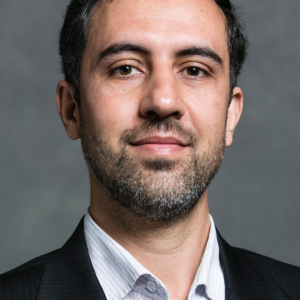
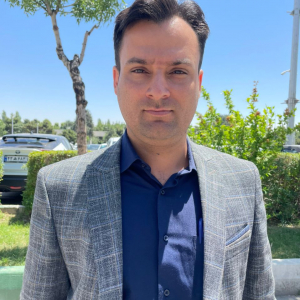
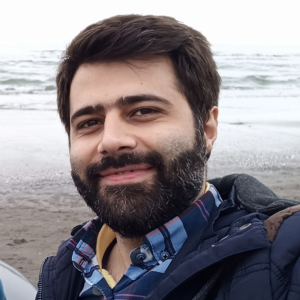
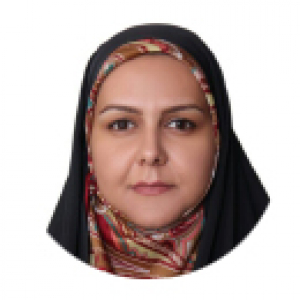
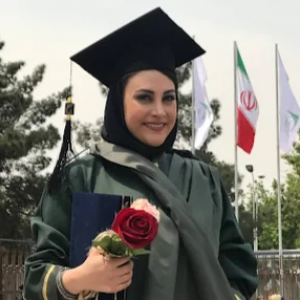
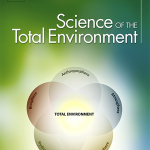
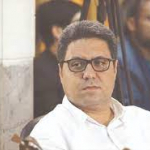
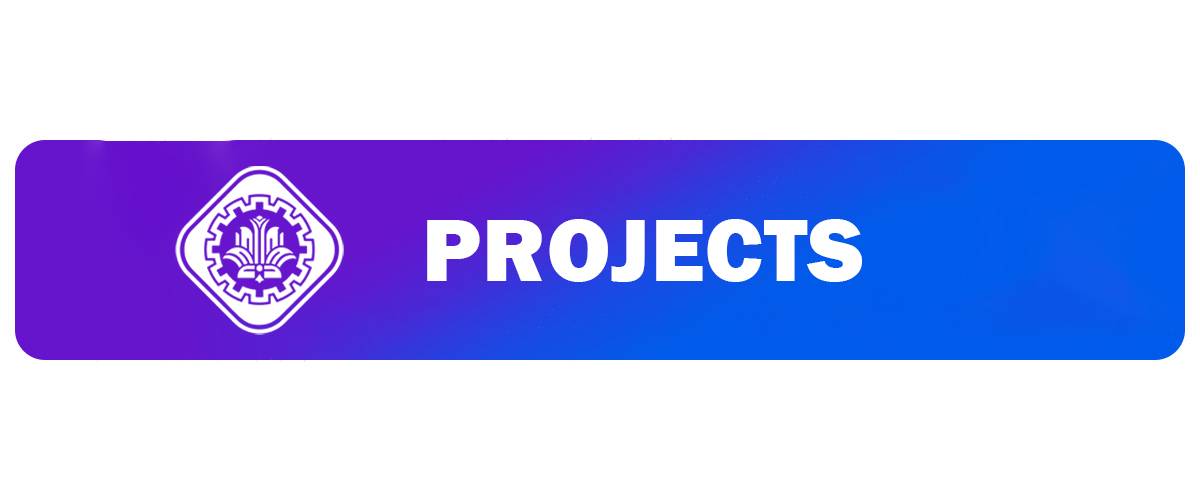

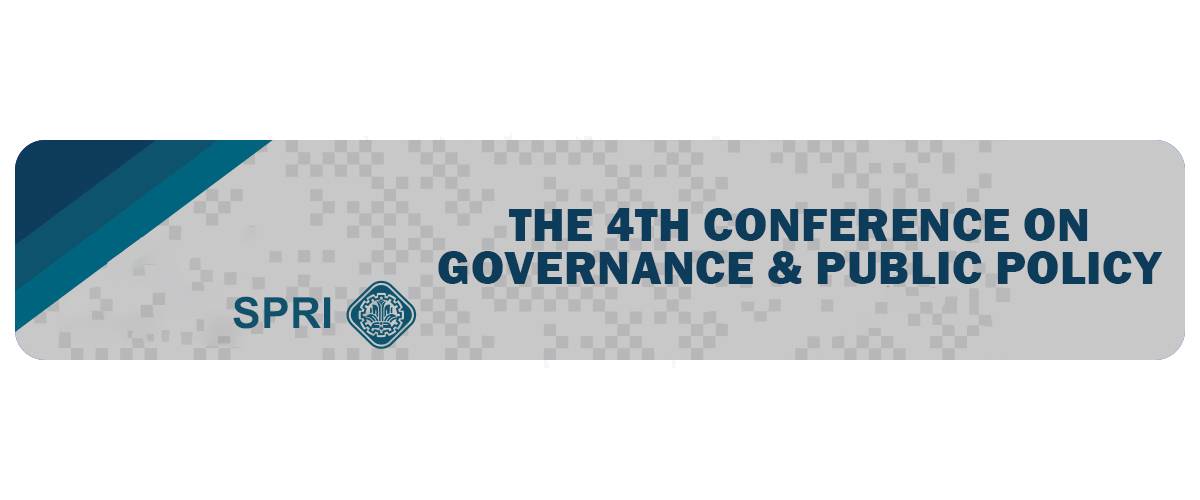
.jpg)